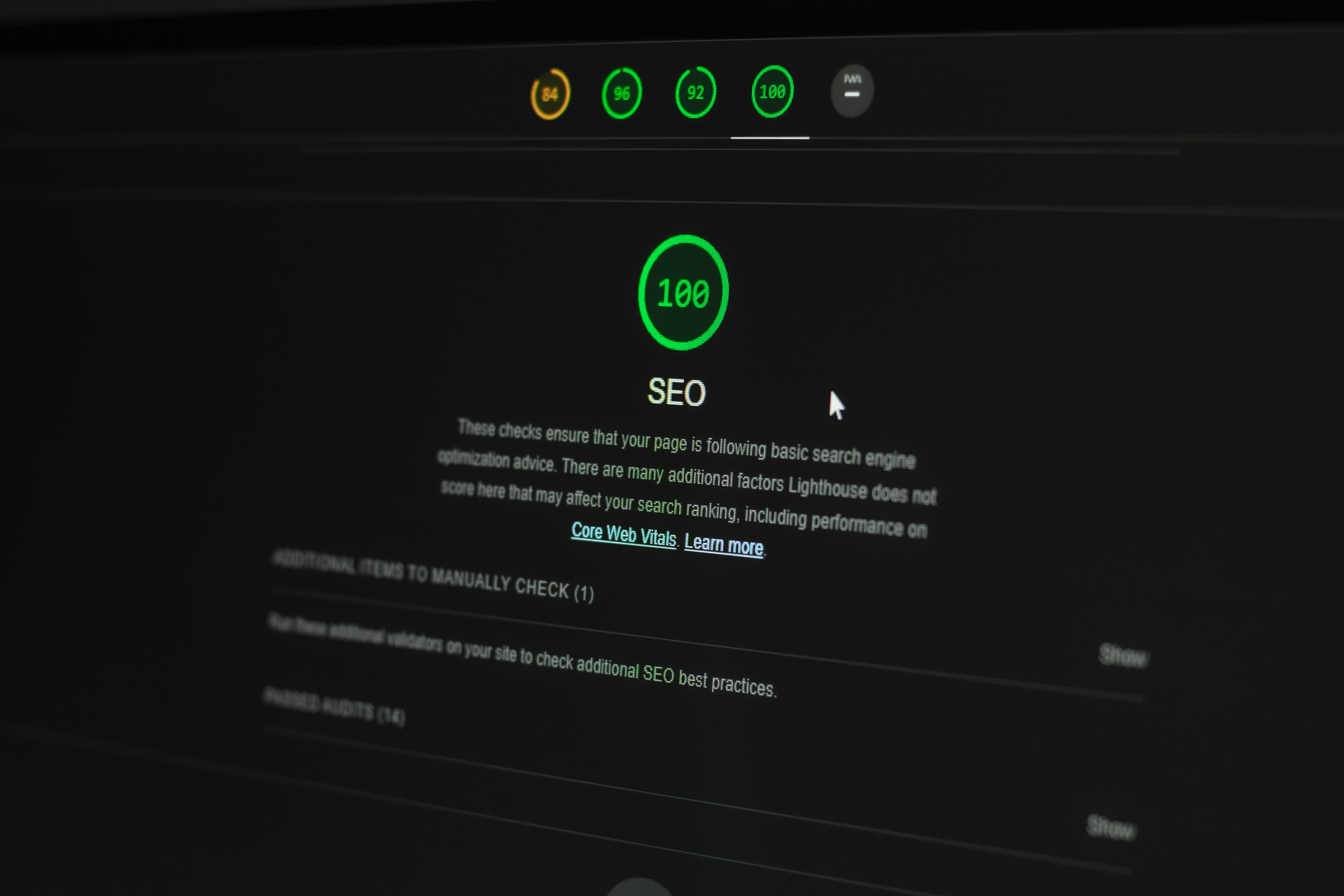
Understanding Keywords and Their Importance
Keywords are words or phrases that users type into search engines when seeking information, products, or services. In the realm of Search Engine Optimization (SEO), keywords serve as a vital link between potential customers and digital content. The effective utilization of keywords can lead to enhanced visibility in search engine results, driving organic traffic to websites. This underscores the importance of strategically selecting and ranking for the right keywords within a well-defined SEO strategy.
When considering the role of keywords in SEO, it is essential to recognize their two primary types: short-tail and long-tail keywords. Short-tail keywords are typically composed of one or two words and tend to have high search volumes. These keywords attract a broader audience but may not always convert into specific leads, as they are often less targeted. On the other hand, long-tail keywords, generally consisting of three or more words, cater to more specific queries. Although they may have lower search volumes, they often yield higher conversion rates, as they align more closely with user intent.
An effective SEO strategy requires a balanced approach that incorporates both types of keywords. Short-tail keywords can drive significant traffic, while long-tail keywords provide the opportunity to attract niche audiences, thereby improving the quality of the leads generated. Conducting keyword research is a fundamental activity to identify the terms and phrases that resonate with your target audience. Tools such as Google Keyword Planner, SEMrush, and Ahrefs can assist in discovering keyword variations and assessing their search volumes and competition levels.
In summary, understanding the dynamics of keywords and their role in SEO is crucial for optimizing content and improving search rankings. By focusing on the right keywords, businesses can enhance their online presence and effectively connect with their desired audience.
Conducting Keyword Research
Keyword research is a pivotal step in the realm of search engine optimization (SEO), serving as the backbone of any successful SEO campaign. At its core, keyword research involves identifying the terms and phrases that potential customers utilize while searching for products or services online. This foundational process not only helps in understanding user intent but also in navigating the competitive landscape of search engine results.
Utilizing tools such as Google Keyword Planner, SEMrush, and Ahrefs can greatly enhance the keyword research process. Google Keyword Planner, for instance, offers insights into search volume, competition level, and keyword variations. This tool is particularly beneficial for those looking for keywords aligned with their specific niche. On the other hand, SEMrush and Ahrefs provide comprehensive competitive analysis, allowing users to identify which keywords their competitors are ranking for and uncover potential keywords that may not have been previously considered.
Beyond tool utilization, it’s crucial to grasp the concept of search intent. Understanding whether a search is informational, navigational, or transactional will guide the selection of appropriate keywords. For instance, a user searching for “best running shoes” may be at the beginning of their purchase journey, intending to gather information, while another searching “buy running shoes online” likely has a clear intention to purchase. Recognizing these distinctions ensures that the keywords targeted align with the corresponding content, thereby improving the likelihood of conversion.
In addition to understanding search intent, competitive analysis plays a vital role in keyword research. By analyzing competitors, one can identify gaps in their strategy and discover high-potential keywords that may offer a less competitive opportunity. Overall, systematic and thoughtful keyword research is essential for shaping an effective SEO strategy, leading to higher visibility and improved search rankings.
On-Page Optimization for Keyword Ranking
On-page optimization is a pivotal aspect of search engine optimization (SEO) that focuses on improving the elements of a website to achieve higher rankings in search engine results pages (SERPs). One of the foundational strategies is the optimal placement of keywords throughout various components of the website. This includes integrating selected keywords into titles, headings, and meta descriptions, where they serve to either capture user interest or convey the essence of the content.
In addition to strategic placement, maintaining an appropriate keyword density throughout the content is critical. However, it is essential to avoid over-optimization or keyword stuffing, which can lead to a poor user experience and negatively impact rankings. A well-crafted piece of content should naturally incorporate the target keywords and their synonyms in a way that enhances readability while still aligning with user queries.
High-quality, relevant content is vital for successful on-page optimization. Search engines prioritize content that fulfills the intent of the user’s search, meaning that information must be informative, engaging, and accurate. Including comprehensive, well-researched information not only aids keyword ranking but also helps establish authority and trustworthiness, which are integral to a site’s overall SEO strategy.
Another important factor is internal linking. By creating pathways between various pages within the site, internal links can help distribute page authority and improve the discovery of content related to the targeted keywords. This interconnectivity also enhances the user experience by directing visitors to additional relevant resources.
Lastly, a user-friendly design plays a crucial role in implementing on-page SEO. A well-structured website should ensure easy navigation and quick loading times, which can enhance user engagement and, in turn, contribute to improved keyword rankings. Ultimately, mastery of on-page optimization practices is essential for effectively ranking for selected keywords, allowing websites to flourish in an increasingly competitive digital landscape.
Tracking and Analyzing Keyword Performance
Effective keyword tracking and analysis is essential for any SEO strategy. Once keywords are implemented into a website’s content, ongoing monitoring is necessary to assess their performance. This process allows webmasters to understand how their targeted keywords are ranking on search engine result pages (SERPs). Utilizing various analytics tools can streamline this process. Tools such as Google Analytics and SEMrush provide insights into keyword rankings, traffic metrics, and conversion rates.
Google Analytics, for instance, is invaluable for tracking user engagement and behaviors. By setting up specific goals within the tool, marketers can attribute conversions directly to their targeted keywords. Meanwhile, SEMrush offers a comprehensive overview, showing keyword positions, search volume, and trends over time, thus enabling users to identify emerging opportunities and threats within their niche.
To further enhance keyword performance analysis, employing ranking trackers can be beneficial. Tools like Ahrefs and Moz not only provide position tracking but also shed light on competitor keyword strategies. Understanding where competitors excel can help businesses adapt their own strategies to maintain or improve their SERP positioning.
It is important to remember that SEO is not a one-time effort but an ongoing practice. As keyword performance data is collected, strategies should be refined accordingly. If a keyword shows declining performance or low engagement, it may be time to re-evaluate the content surrounding it or explore alternative keywords that resonate better with the target audience.
Staying abreast of algorithm updates from search engines is crucial for maintaining rankings. Search trends may shift, requiring an agile approach to keyword strategies. Ultimately, routinely analyzing and adapting keyword performance is key to long-term success in SEO, allowing businesses to optimize their content and drive meaningful organic traffic.

Leave a Reply